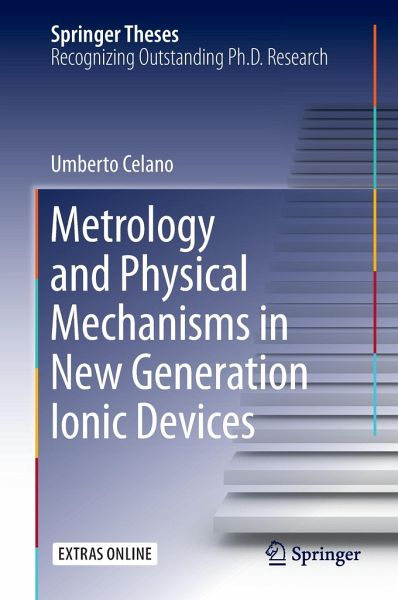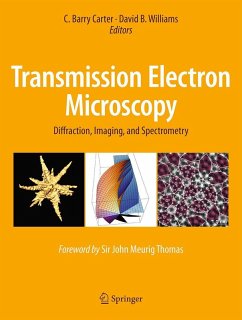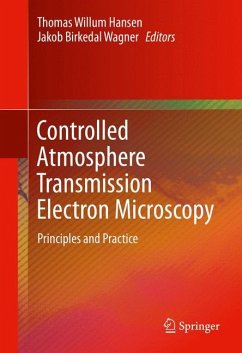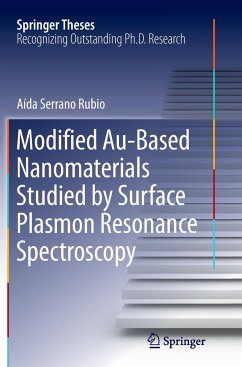
Metrology and Physical Mechanisms in New Generation Ionic Devices
Versandkostenfrei!
Versandfertig in 6-10 Tagen
76,99 €
inkl. MwSt.
Weitere Ausgaben:

PAYBACK Punkte
38 °P sammeln!
This thesis presents the first direct observations of the 3D-shape, size and electrical properties of nanoscale filaments, made possible by a new Scanning Probe Microscopy-based tomography technique referred to as scalpel SPM. Using this innovative technology and nm-scale observations, the author achieves essential insights into the filament formation mechanisms, improves the understanding required for device optimization, and experimentally observes phenomena that had previously been only theoretically proposed.














